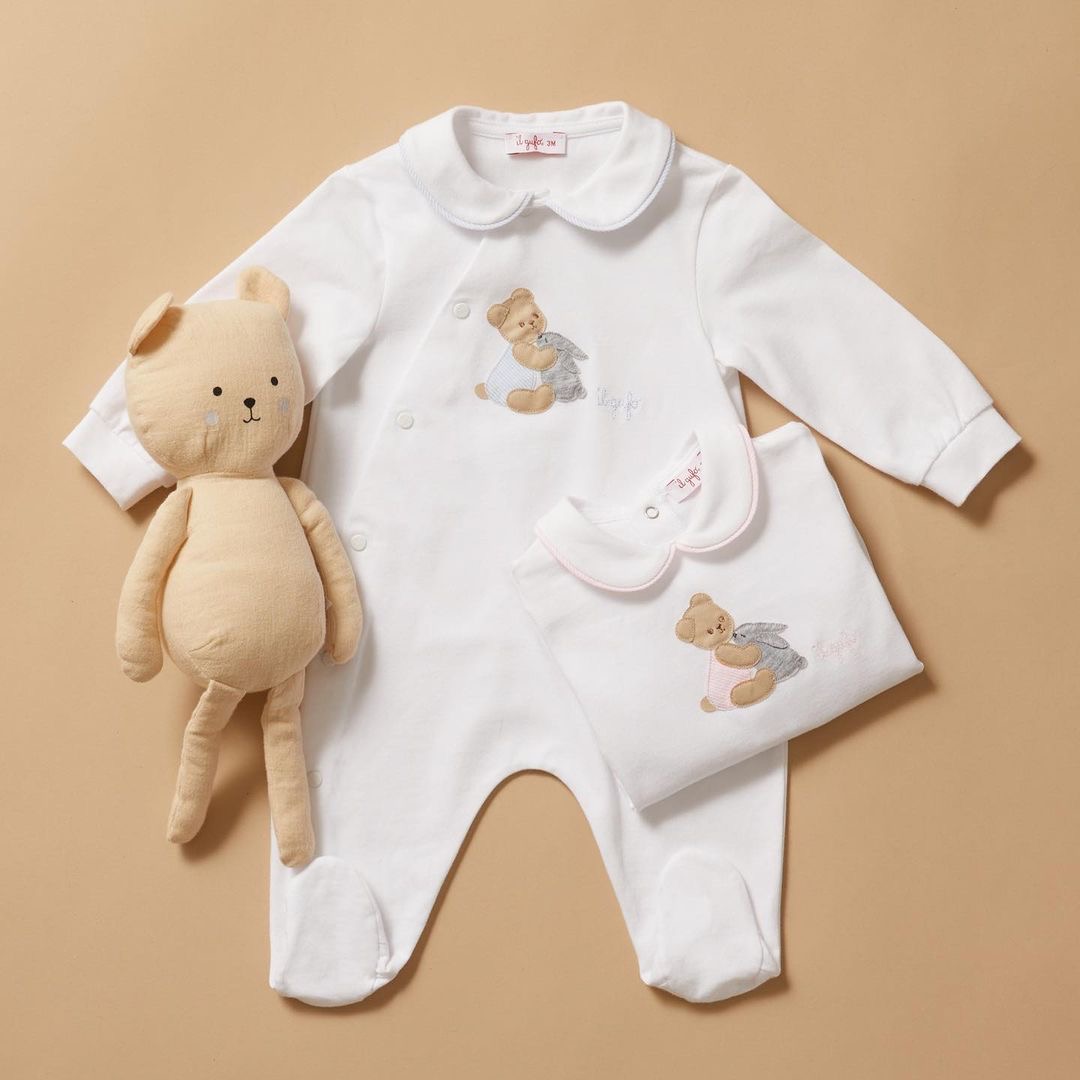Being home with your newborn over the past few weeks has been a fantastic experience. It allowed you to bond with your baby as you adjusted to the many roles of parenting. For working moms, however, this bonding experience will be interrupted by the need to return to the office. As your maternity leave winds down, it becomes necessary to prepare for the transition.
Before the first day back on the job, mothers must consider suitable childcare and daily routines to make the work-life balance more manageable. Adjusting presents challenges for most women. Yet for those who are also nursing, the obstacles increase. How do you ensure that your newborn gets the breastmilk they need? Will pumping and storing fit into your work schedule? What steps do you need to take to ensure this runs smoothly?
If you’re a mom returning to the office that’s concerned about breastfeeding, the following advice should put your mind at ease.
Snapshot Survey
Thanks for sharing your thoughts!
Please subscribe for your personalized newsletter:
Get Familiar with Pumping Early
Returning to the office likely means you’re going to have to pump your breastmilk, store it in bottles, and supply it to the childcare provider to feed your newborn. Since pumping is a lot different than feeding your baby straight from the breast, starting this process early on is recommended.
You don’t have to give up the bonding experience of breastfeeding while you’re home, but try pumping breastmilk at least once or twice a day. It gives you a chance to see how it feels and measure how much milk you’re producing. Pumping and feeding your baby from a bottle at least once a day also gets your little nugget used to the bottle to prevent nipple confusion.
Start Stashing in Advance
At home, you could breastfeed your newborn until they were full. Once you’re working again, you won’t have that luxury. That’s why nursing women need to have a surplus of breastmilk stored. Should a bottle spill or the baby drinks more than usual, the childcare provider will have additional food. A week or two before your leave ends, start pumping at least once a day and storing the milk in the freezer. For women who struggle with lactation, now would be the time to learn how to increase breast milk supply so you can rectify the matter in advance.
Talk to Your Employer
Some women are nervous to talk to their employers about their needs after returning from maternity leave. Already feeling inferior in the workplace, they often don’t want to feel like a burden. The Patient Protection and Affordable Care Act, however, protect the rights of nursing women in the workplace. Employers are required by law to provide nursing employees with a clean space to pump (other than the restroom), and adequate time to pump throughout the workday without consequence. Don’t hesitate to discuss your needs with your employer to iron out an efficient plan for your return.
Gather Your Supplies
After you’ve solidified a plan with your employer, the next step would be to gather supplies. At the very least, you’ll need a pump, bottles, ice packs, and freezer bags. With all that plastic it’s hard to keep your trash can empty but try and be as close to zero-waste as you can. As the process can be quite messy and uncomfortable, working moms that are breastfeeding should also pack an extra blouse, nursing bra, pads, and cream. Also, having healthy snacks and plenty of water for nutrition, hydration and comfort are advised. If allowed, you may also want to bring a good book, a smartphone, or a tablet to keep you occupied while you pump.
As if returning to work wasn’t already stressful enough for working moms, breastfeeding increased frustration. Many women wonder how they’ll ensure that their babies continue to get the nutrition and benefits of nursing while on a tight schedule. Seeing as how you can’t be two places at once, any working mom can start preparing in advance to ensure that her child gets everything they need. Use the information above while also coordinating with your employer and childcare provider to ease your mind.

